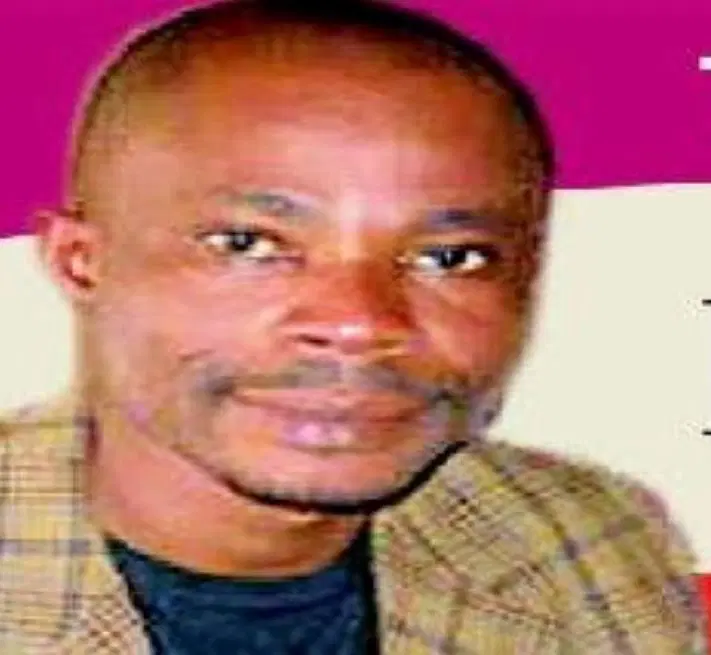The Action Peoples Party (APP), positioned as a proxy for Rivers State Governor Sim Fubara, has swiftly taken control of the political landscape, capturing 22 out of 23 local government seats in a remarkable show of force. This rapid ascent of a relatively unknown party highlights the peculiarities of Nigerian politics, particularly the electoral processes orchestrated by State Independent Electoral Commissions, which often appear more theatrical than democratic.
Siminalayi Fubara, the current governor, seems to be learning the wrong lessons from his predecessors. With his recent successes, he may perceive himself as a new godfather in Rivers politics, a role traditionally dominated by his predecessor, Nyesom Wike.
For many of Fubara’s supporters, both within the Peoples Democratic Party (PDP) and beyond, he is being heralded as a powerhouse of Rivers State politics. However, this rise comes at the expense of the very party that elevated him to power. Some within the PDP appear complacent or even pleased with this turn of events.
Former Vice President Atiku Abubakar has praised Fubara for his stance against political godfatherism in Rivers. Fubara has challenged the concept of “federal might,” particularly through his sharp criticisms of Inspector General of Police Kayode Egbetokun and the police establishment’s absence from election venues, ostensibly in selective compliance with a court ruling.
While Fubara and his supporters celebrate his newfound autonomy from a domineering benefactor, a critical question arises: Is he genuinely free, or has he merely replaced one godfather with many others? Without a doubt, Fubara is now the godfather of the newly elected council leaders across the state. His words during their swearing-in ceremony—held unusually on a Sunday, just a day after the elections—made this clear. Fubara was eager to finalize this process before the Supreme Court’s October 31 deadline for local government elections, recognizing the financial implications for councils under interim arrangements.
In his remarks, he conveyed to the new chairpersons that, under normal circumstances, they would not have secured their positions without his intervention. He employed the local adage, “Na who dash monkey…?” implying that he was indeed the one bestowing favor upon them. This metaphor underscores his expectation that these newly minted leaders will mimic his every move and act in his image.
While his tone may not have conveyed menace, the implication was unmistakable: these beneficiaries of his political generosity must remain acutely aware of their benefactor. Although Governor Fubara may have secured a significant victory, the ongoing political battle remains fraught with violence and unrest in various local government headquarters.
Fubara’s ascent is also a reminder that he, too, is a product of godfatherism; his own rise to the governorship was facilitated by Wike, a previous godfather in Rivers politics. Notably, Wike has been recorded criticizing godfatherism, proclaiming, “Rivers is not Lagos,” a sentiment echoed by other governors who have since established their own power bases.
As political tensions simmer in Rivers, Fubara’s early claims of independence from Wike may prove premature. His strategy to assert dominance too quickly might have overlooked the importance of patience and political acumen—qualities that allowed him to initially deceive Wike into viewing him as a loyal and manageable candidate.
In the complex tapestry of Nigerian politics, new godfathers often emerge to replace the old, each grappling with the weight of their predecessors’ legacies while attempting to carve out their own authority. For Fubara, the challenge lies not only in consolidating power but also in navigating the turbulent waters of a political landscape marked by shifting allegiances and the specter of violence.

